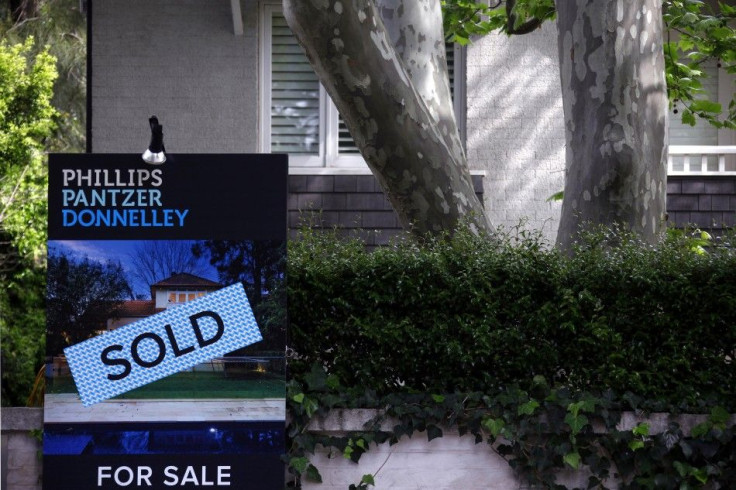Australia’s housing boom is over, says Domain report, as Sydney posts sluggish quarterly growth rate

Housing markets across Australia are in a phase of low growth, indicating that the country's housing boom is over, Domain Group's House Price Report for the September quarter has claimed. It also made special reference to Sydney’s property market and noted that the boom in the harbour city is practically over.
The report confirmed what the auction clearance rate data had foretold about the city's housing scenario. Sydney has the slowest house price growth since March 2014, with a growth rate in prices at 3.2 percent.
Housing markets across the country are in for moderate to modest growth in the coming months as record low interest rates have lost their kick, Sky News reports.
Melbourne city also showed steep decline in the rate of house price growth in the September quarter, while other capitals experienced weakening market activity, according to the Domain Report.
In a nutshell, the median house price in Sydney rose 3.2 percent over the three months to September, in contrast to the 7.7 percent growth in the previous quarter. Melbourne's growth rate for that period was 2.8 percent, down from six percent.
The Domain report also noted that after prices soared in the June quarter, buyers were seeing the market cool off. The scenario now gives buyers more time to assess the market and make better decisions. Domain Group senior economist Andrew Wilson described the situation as “clearly a sign that the Sydney boom is over.” He attributed the slump to the clampdown on investor lending by the Australian Prudential Regulation Authority.
“Nothing will slow a market more than higher interest rates and the enthusiasm of a bullish market has now started to wane,” he said.
The current median house price in Sydney is at $1,032,422 – up 21.7 percent over the past 12 months. With a steady cash rate and sluggish income growth, the capacity for house price growth is easing, Wilson noted.
The Reserve Bank has stated that signs of easing house prices in Sydney are visible but it was too early to say if this trend would sustain. In Brisbane, the property market remained flat, while Perth and Darwin saw house prices crashing in the September quarter.
Deutsche Bank’s outlook
Meanwhile, Daily Reckoning reported that Deutsche Bank rejected the bearish narrative on Australian housing and gave its own studied view that the housing market is still healthy. Not only does the bank sees no peaking in the market, it insists that the construction cycle is still working at below peak levels.
According to Deutsche Bank, construction still needs to pick up another 20 percent to reach historic peaks. Until that happens, no major house price declines will happen. The bank sees no reason for concern and reckons that a price slowdown may not mean a price collapse despite the slowing clearance rates.
Low rental growth
Deutsche Bank points to rental affordability as a sign that peak housing has not arrived. The bank reckons there is still space for more supply. Rental yields may be falling and that explains why the rents are growing tepidly in 2015, ever since 1995.
Analysts see Deutsche Bank’s bullishness as a counterweight to the existing market pessimism. But the overwhelming sentiment is that property prices are falling. Were it not for a the bullish Melbourne market, the outlook would have been much gloomier, added the report.
For feedback/comments, contact the writer at feedback@ibtimes.com.au or let us know what you think below.





















